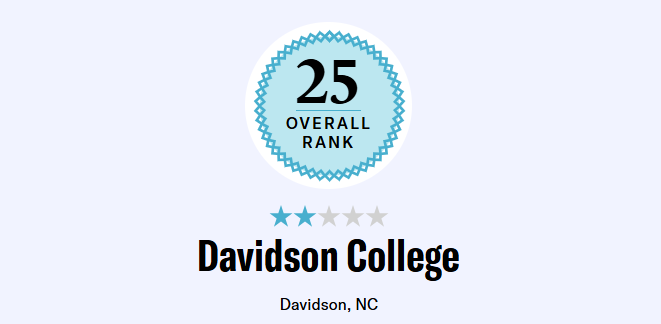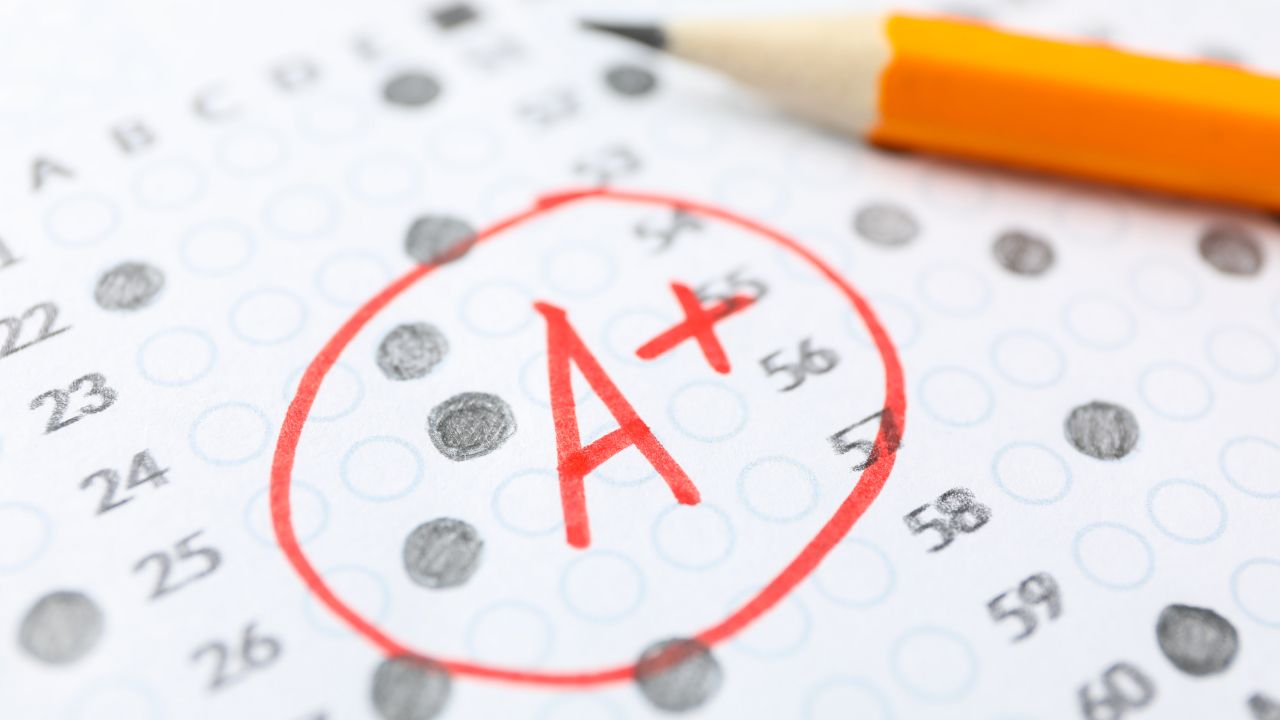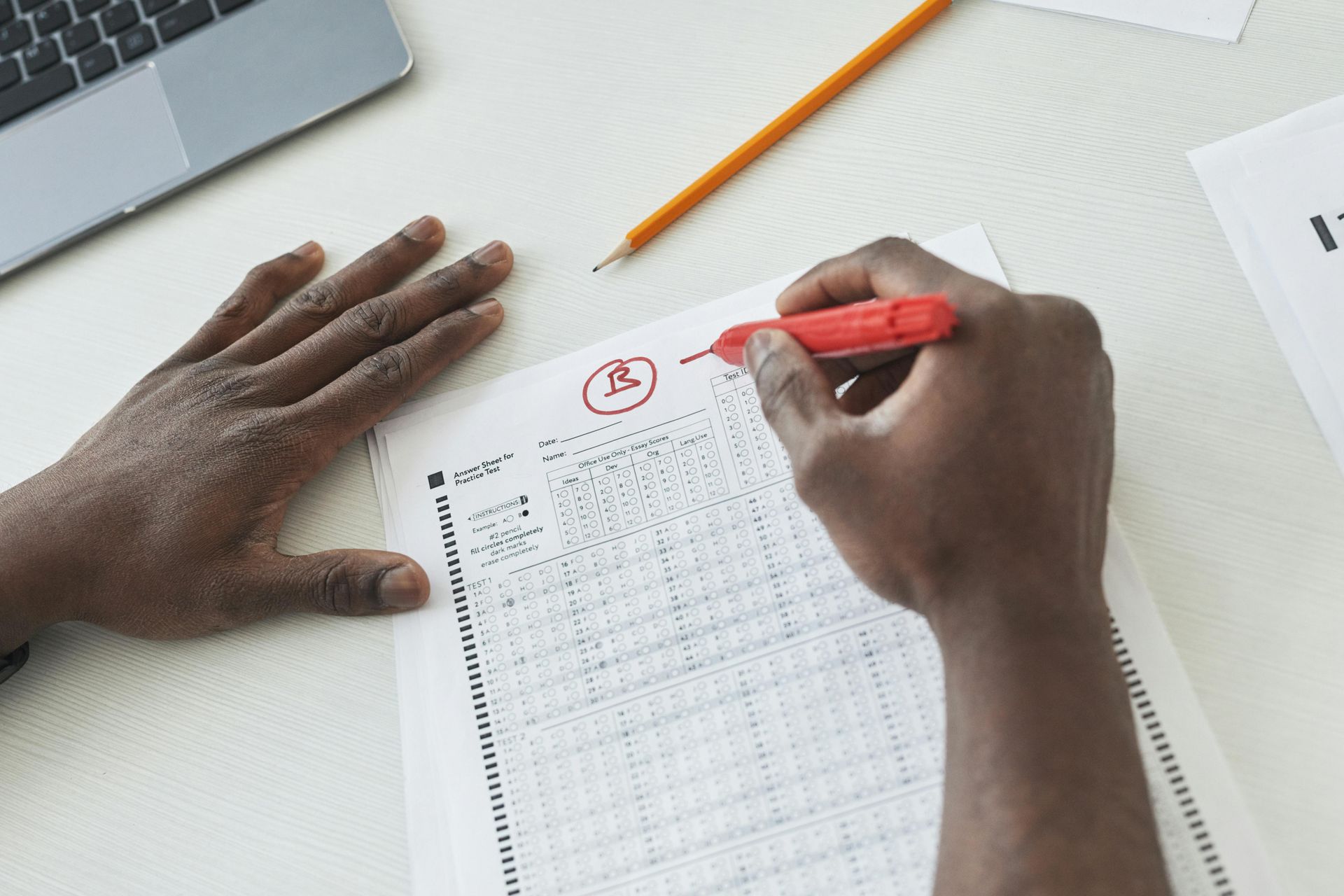An Open Letter to College and University Trustees and Regents: It’s Time to Adopt Institutional Neutrality


The Academic Freedom Alliance, Heterodox Academy, and the Foundation for Individual Rights and Expression are nonpartisan organizations dedicated to defending and advancing freedom of speech and open inquiry in higher education.
We stand together in sending this entreaty to college and university trustees and regents across the country during this time of growing national concern about the fate and security of free thought on campuses.
It is time for those entrusted with ultimate oversight authority for your institutions to restore truth-seeking as the primary mission of higher education by adopting a policy of institutional neutrality on social and political issues that do not concern core academic matters or institutional operations.
In recent years, colleges and universities have increasingly weighed in on social and political issues. This has led our institutions of higher education to become politicized and has created an untenable situation whereby they are expected to weigh in on all social and political issues.
Most critically, these stances risk establishing an orthodox view on campus, threatening the pursuit of knowledge for which higher education exists.
As the University of Chicago’s famous Kalven Report of 1967 states, a policy of institutional neutrality is premised on the defining mission of the university: to pursue truth through “the discovery, improvement, and dissemination of knowledge.” And to accomplish this mission, “a university must sustain an extraordinary environment of freedom of inquiry and maintain an independence from political fashions, passions, and pressures.”
Furthermore, the report recognizes, “There is no mechanism by which [the university] can reach a collective position without inhibiting that full freedom of dissent on which it thrives.” In short, individual faculty members and students are the “instrument of dissent and criticism.” The university, on the other hand, “is the home and sponsor of critics.”
Where to draw the line between institutional neutrality and position-taking is a matter of careful prudential judgment. But, as the Kalven Report notes, there should be “a heavy presumption against the university taking collective action or expressing opinions on the political and social issues of the day.” Smart observers will recognize good faith efforts to apply this principle.
A useful maxim to guide decision makers is “if an academic institution is not required to adopt a position in order to fulfill its mission of intellectual freedom or operational capacity, it is required not to adopt a position.” (See, e.g., Princeton Principles for a Campus Culture of Free Inquiry.)
For a neutrality principle to work, it must be publicly announced and adhered to on a consistent and faithful basis. Making an exception inexorably leads to pressure to make others and to allegations of bias.
Critically, institutional neutrality applies only to leaders and units of the institution. This is true not only for the central administration, but also for the units of the university, such as schools, departments, centers, and programs. It does not apply to faculty members and students (i.e., the “critics”), either individually or as members of voluntary, non-institutional associations.
Given the need to prepare for the execution of an institutional neutrality policy, we call on you, the trustees and regents of America’s colleges and universities, to publicly adopt such a policy by the beginning of the 2024-25 academic year.
We and the nation are watching campus events with keen interest and would applaud this fulfillment of your fiduciary duty.



